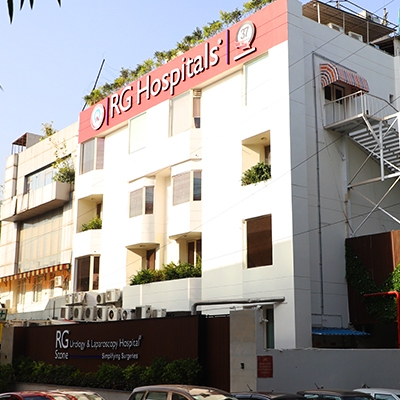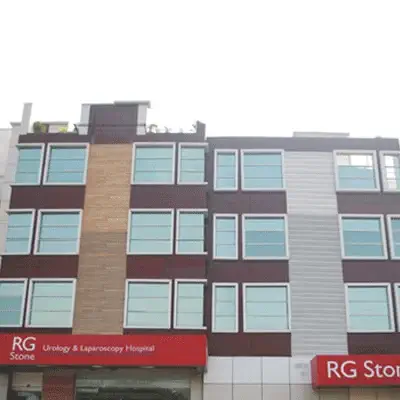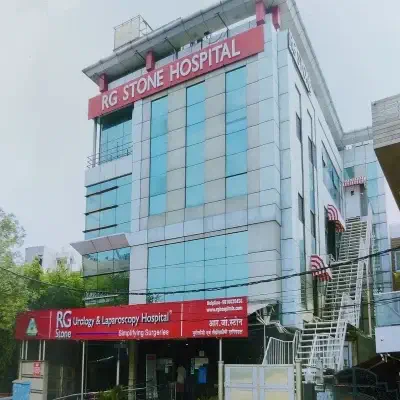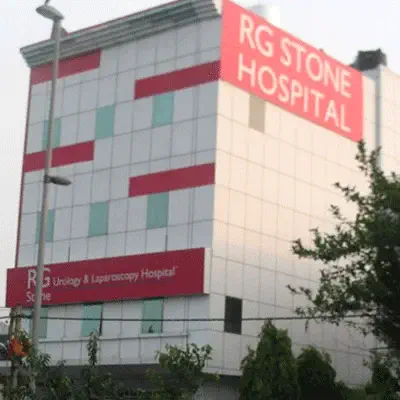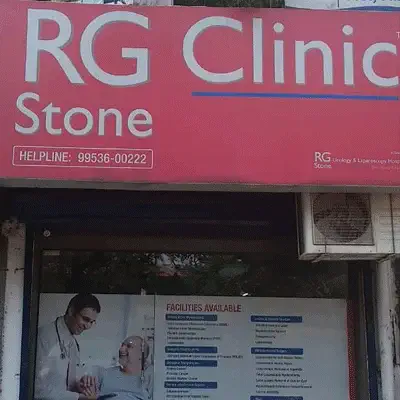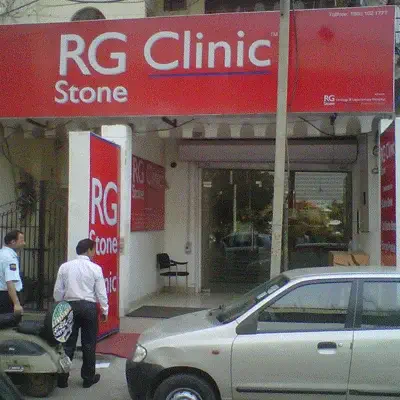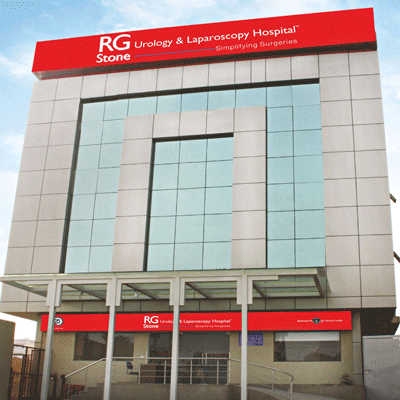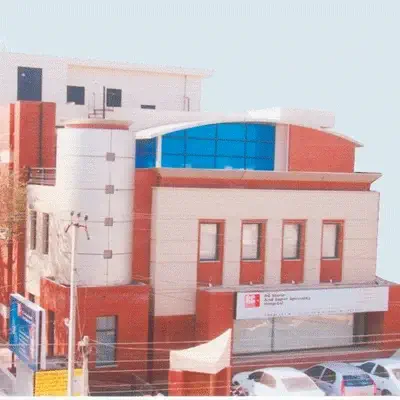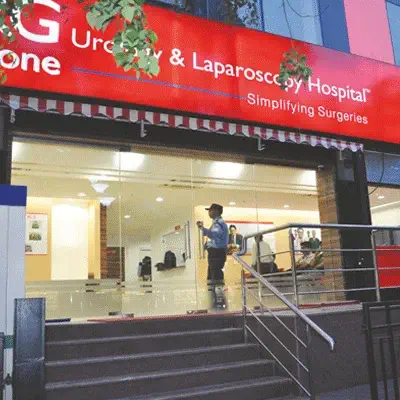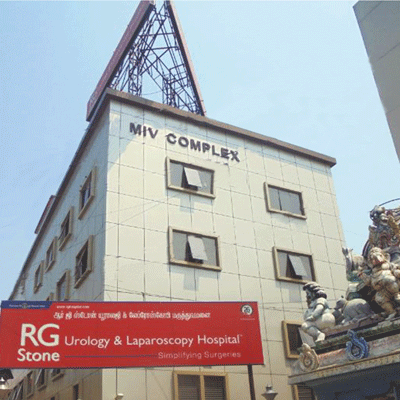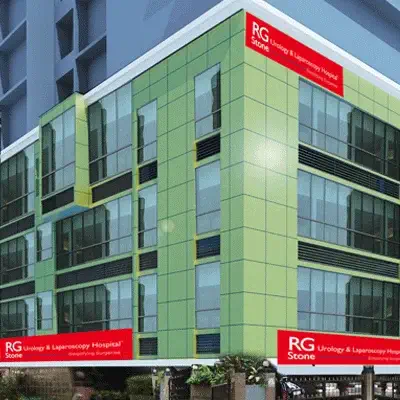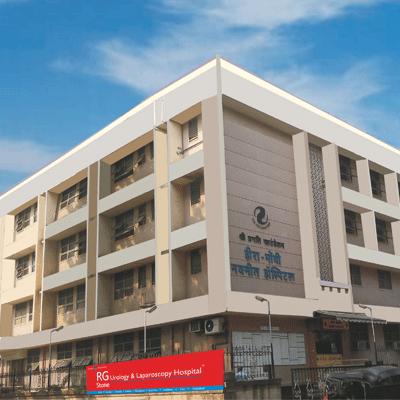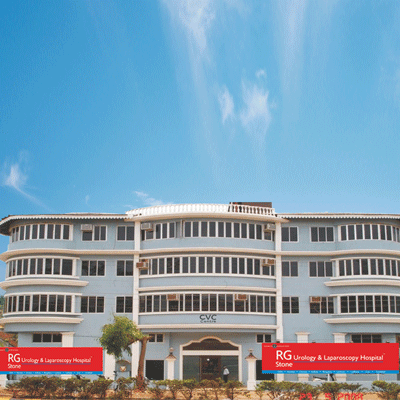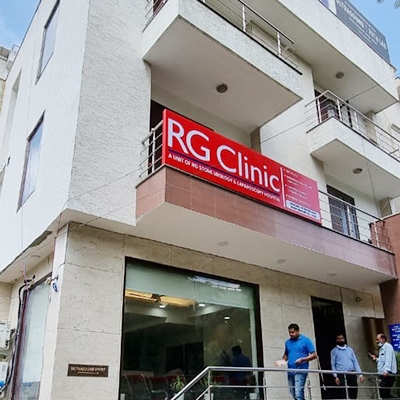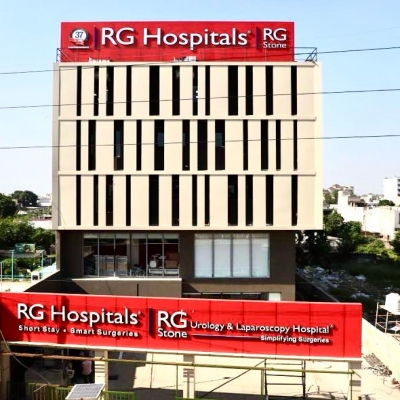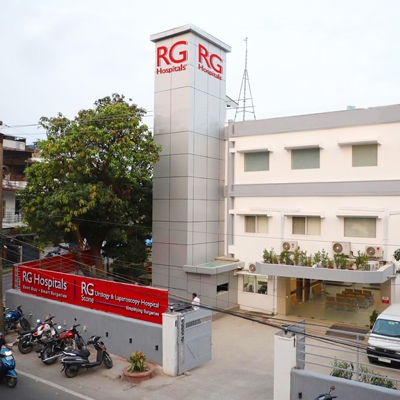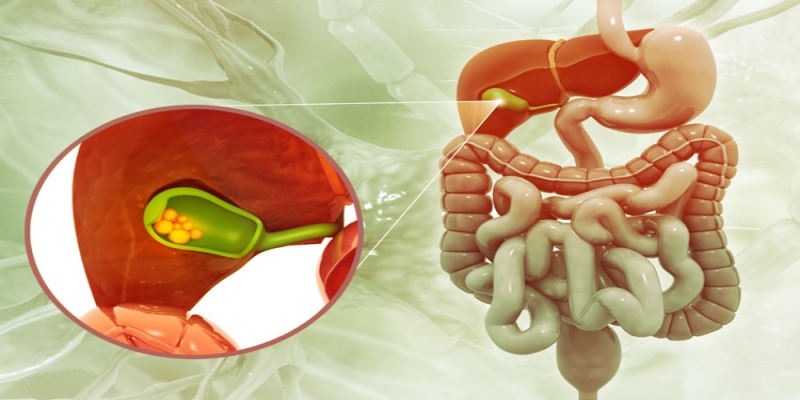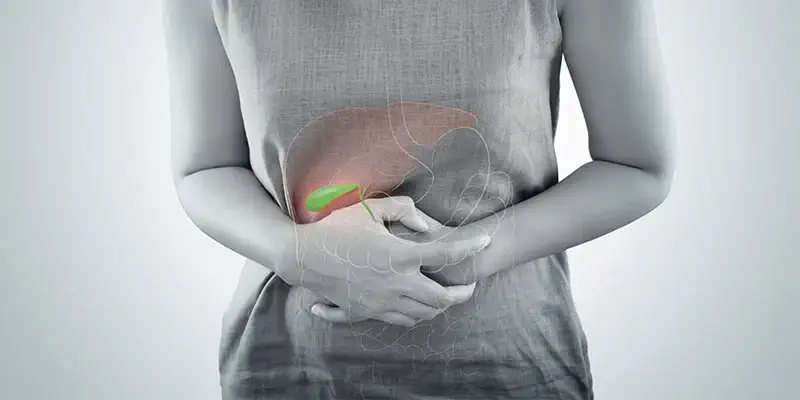Gallbladder stones, also known as cholelithiasis, are solid particles that form in the gallbladder, an organ responsible for storing bile. These stones can develop due to an imbalance in the substances that make up bile, such as cholesterol and bilirubin. Common causes include obesity, rapid weight loss, pregnancy, and certain medical conditions like diabetes and liver disease. Additionally, genetics play a role, as a family history of gallstones can increase one's risk. Symptoms may vary, with some individuals experiencing no discomfort, while others suffer from acute pain. Typical symptoms include sharp pain in the upper right abdomen, nausea, vomiting, and bloating. Pain may also radiate to the back or right shoulder.
Diagnosing gallbladder stones usually involves a combination of medical history, physical examination, and imaging tests. Ultrasound is the most common and effective method for detecting gallstones, as it provides a clear view of the gallbladder without the need for invasive procedures. In some cases, additional tests like CT scans or MRIs may be used for further evaluation. Once diagnosed, treatment options depend on the severity of symptoms and the size of the stones. For asymptomatic stones, monitoring may be sufficient. However, if symptoms are present or complications arise, surgical removal of the gallbladder (cholecystectomy) is often recommended. Other non-surgical treatments, such as medication or shock wave therapy, may be considered in specific cases. Consulting with a healthcare professional is crucial for determining the most appropriate treatment plan.
Procedures & Interventions
ERCP is a minimally invasive procedure that combines endoscopy and fluoroscopy to locate and remove gallstones from the bile ducts. It is particularly useful for stones that have moved into the bile ducts, causing blockages and infections.
Laparoscopic Cholecystectomy: This is the Gold Standard surgical treatment for symptomatic gallstones. It involves the removal of the gallbladder through small incisions using specialized instruments and a camera. It is preferred for its shorter recovery time and minimal scarring.
Open Cholecystectomy: In some cases, a traditional open surgery may be required to remove the gallbladder, particularly if there are complications or if the laparoscopic approach is not feasible. This method involves a larger incision and a longer recovery period.
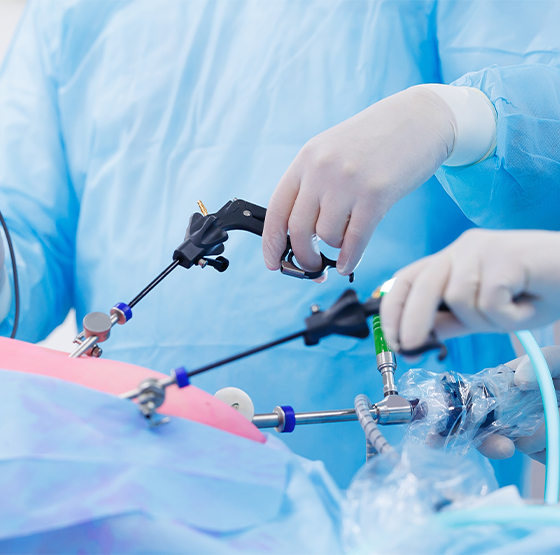
ERCP is a minimally invasive procedure that combines endoscopy and fluoroscopy to locate and remove gallstones from the bile ducts. It is particularly useful for stones that have moved into the bile ducts, causing blockages and infections.
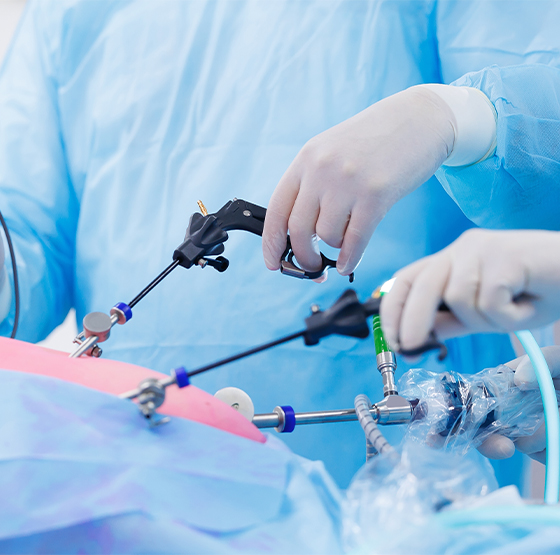
Laparoscopic Cholecystectomy: This is the Gold Standard surgical treatment for symptomatic gallstones. It involves the removal of the gallbladder through small incisions using specialized instruments and a camera. It is preferred for its shorter recovery time and minimal scarring.
Open Cholecystectomy: In some cases, a traditional open surgery may be required to remove the gallbladder, particularly if there are complications or if the laparoscopic approach is not feasible. This method involves a larger incision and a longer recovery period.
Team of Excellence
Behind every recovery story at RG Hospitals is a team of exceptional doctors whose passion for healing and innovation continues to transform healthcare and redefine patient outcomes.
Find a DoctorLooking for an Expert
RG Hospitals is proud to be the home of some of the world's most distinguished doctors.

Patient Stories
View AllPatient Testimonial | Commitment To Care
Treated by Dr. Manoj Gupta , RG Stone Hospital, Dehradun
- All Locations
- New Delhi
- Haryana
- Punjab
- Kolkata
- Chennai
- Mumbai
- Goa
- Uttar Pradesh
- Uttarakhand


